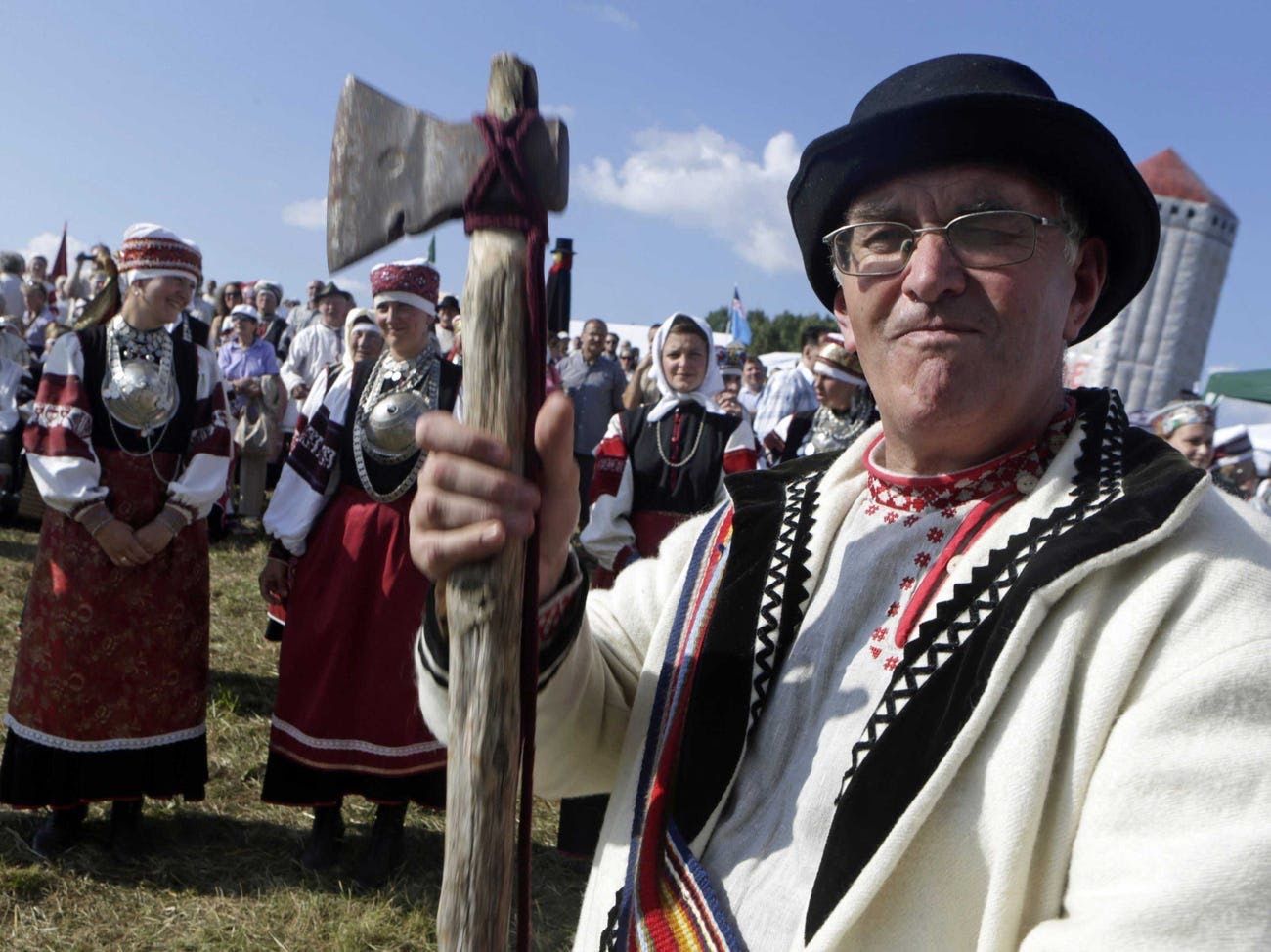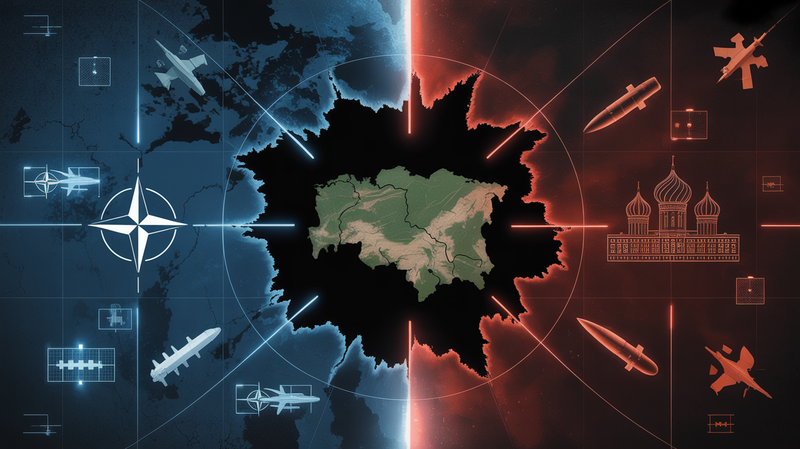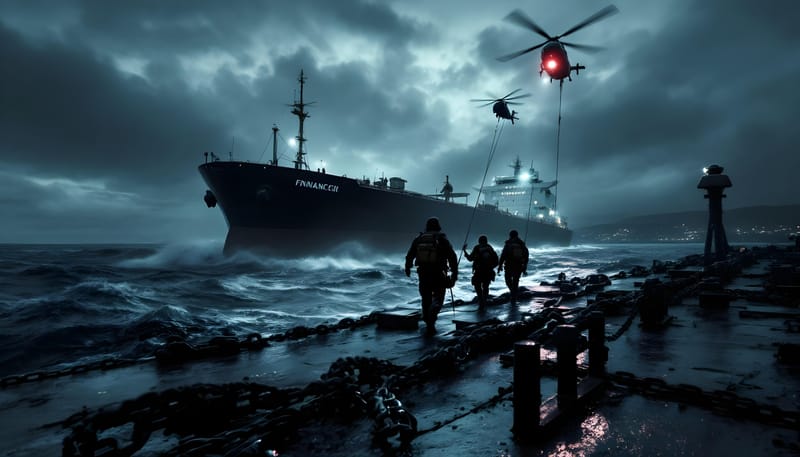Estonia at the Crossroads: An Existential Crisis and the Search for Identity
In the land of Estonia, the present moment unfolds like a disquieting spectacle. It's as if the nation is entranced by its own reflection in the mirror, perpetually on the cusp of self-erasure. This tableau offers a compelling, yet disturbing insight into the struggles and dilemmas of our

In the land of Estonia, the present moment unfolds like a disquieting spectacle. It's as if the nation is entranced by its own reflection in the mirror, perpetually on the cusp of self-erasure. This tableau offers a compelling, yet disturbing insight into the struggles and dilemmas of our time.
There are various ways to approach this existential crisis. One could wail and thrash, like a patriot whose heart has been punctured, allowing the blood of collective sorrow to overflow. Alternatively, one might take on the role of a detached scientist, observing and documenting these happenings as a unique sociological phenomenon. This approach could illuminate the unprecedented nature of the crisis and its potential significance for future societal understanding.
Prayer also presents a viable response, either in hopeful anticipation of a divine intervention or in quiet surrender to a higher cosmic order. Some individuals may choose to retreat, to transform themselves into someone they are not, forsaking their innate identities in an attempt to cope with the surrounding turmoil.
Others might confront the painful recognition that their national and cultural heritage seems flawed or, at the very least, inadequate for the challenges of the current age. A silence may befall them, akin to a leaf in late autumn, decaying and eventually disintegrating into the earth from which it sprang.
For some, this crisis might trigger a call to arms, a surge of determination to resist and survive. Others might see in it a period of latency, a simmering ember waiting for a fresh gust of wind to ignite it anew.
There are those who might view the situation with Kafkaesque resignation, relating to the plight of a mole, trapped in an inhospitable environment, lifting its tiny limbs in a desperate, yet futile, plea for mercy. This could numb them to the point where they feel nothing, a state of emotional exhaustion where despair reigns.
Returning home from these introspective journeys, they might find their chins sinking into their chests, a physical manifestation of the profound psychological burden they carry. This, however, isn't a sign of defeat, but a symbol of introspection, a bodily testament to the gravity of their collective lament.
This is the story of today, a philosophical exploration of a nation's existential crisis. It is a narrative of struggle and perseverance, a testament to the resilience of the human spirit amidst shifting cultural and national landscapes. It serves as a call for understanding, compassion, and unity during times of upheaval and transformation.




